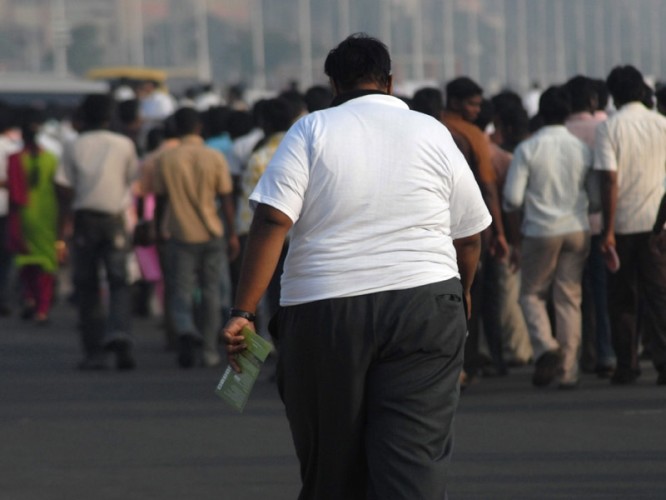
According to a study published back at 2011 by FAO, named ‘Climate Change, Water and Food Security’, obesity is closely interlinked to climate change. The study outlines the connection in detail, saying that climate change will trigger food insecurity, on account of extreme weather events, varied rainfall patterns, loss of agricultural land and droughts. Not just food production but availability and access will be affected at the same time.
Food insecurity in the future will potentially mean more dependence on packaged and foods not so fresh as prices of fresh supplies will go up. This dependence on packaged food may trigger malnutrition in people consuming such foods, as the diet may lack certain crucial vitamins, comprising more of high-energy and whole carbs.
India as a developing country is set to suffer more compared to rich and developed nations. Earlier records too have highlighted this fact- the concentration of overweight people in India’s adult population almost doubled to 20.4% in 2016 from the earlier mark of 9% in 1990. The study shows concern as no country has been able to successfully reverse the obesity numbers in history till now, left aside India.
Image Credits – Free Press Journal
Any information taken from here should be credited to Skymet Weather


